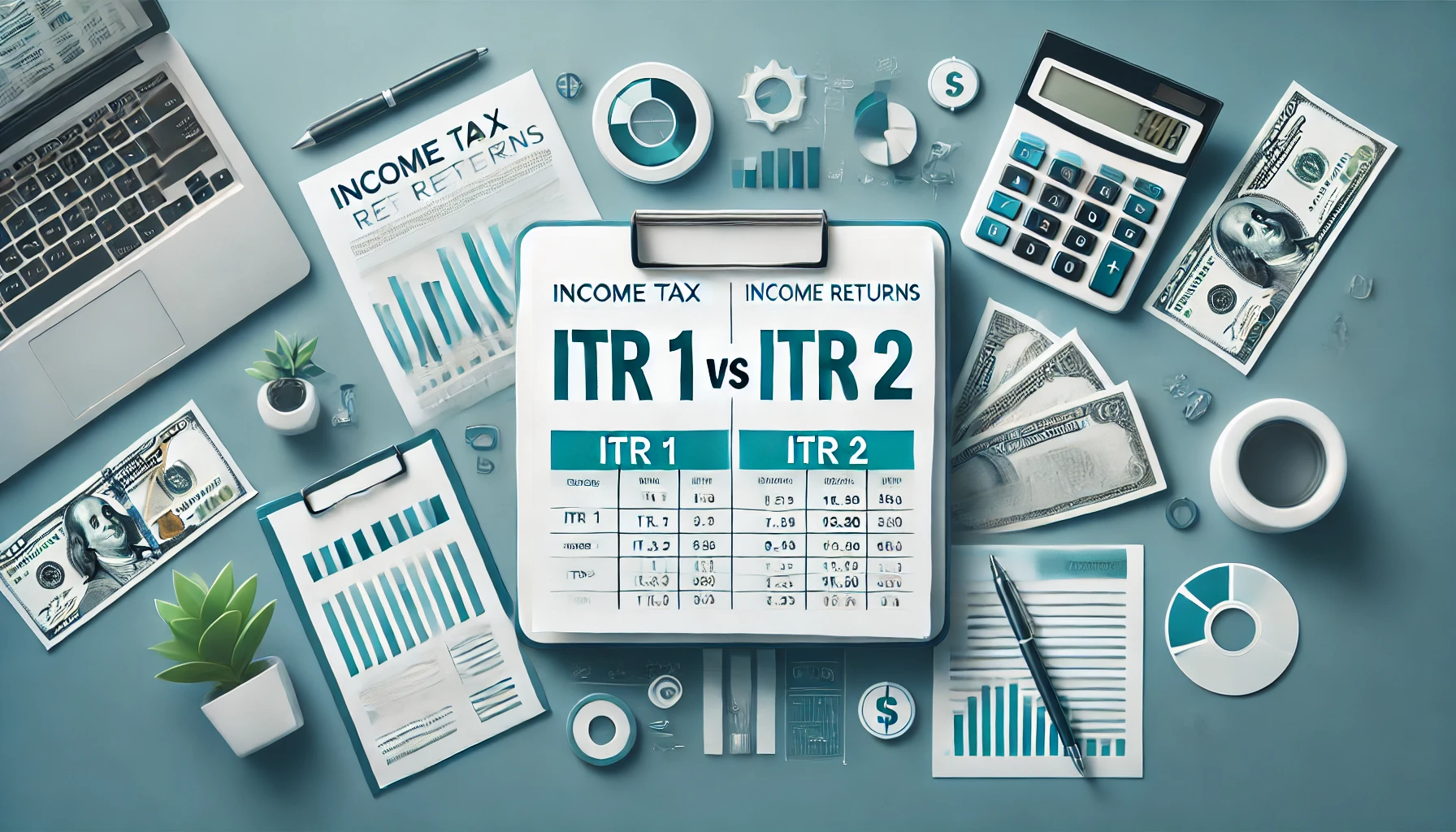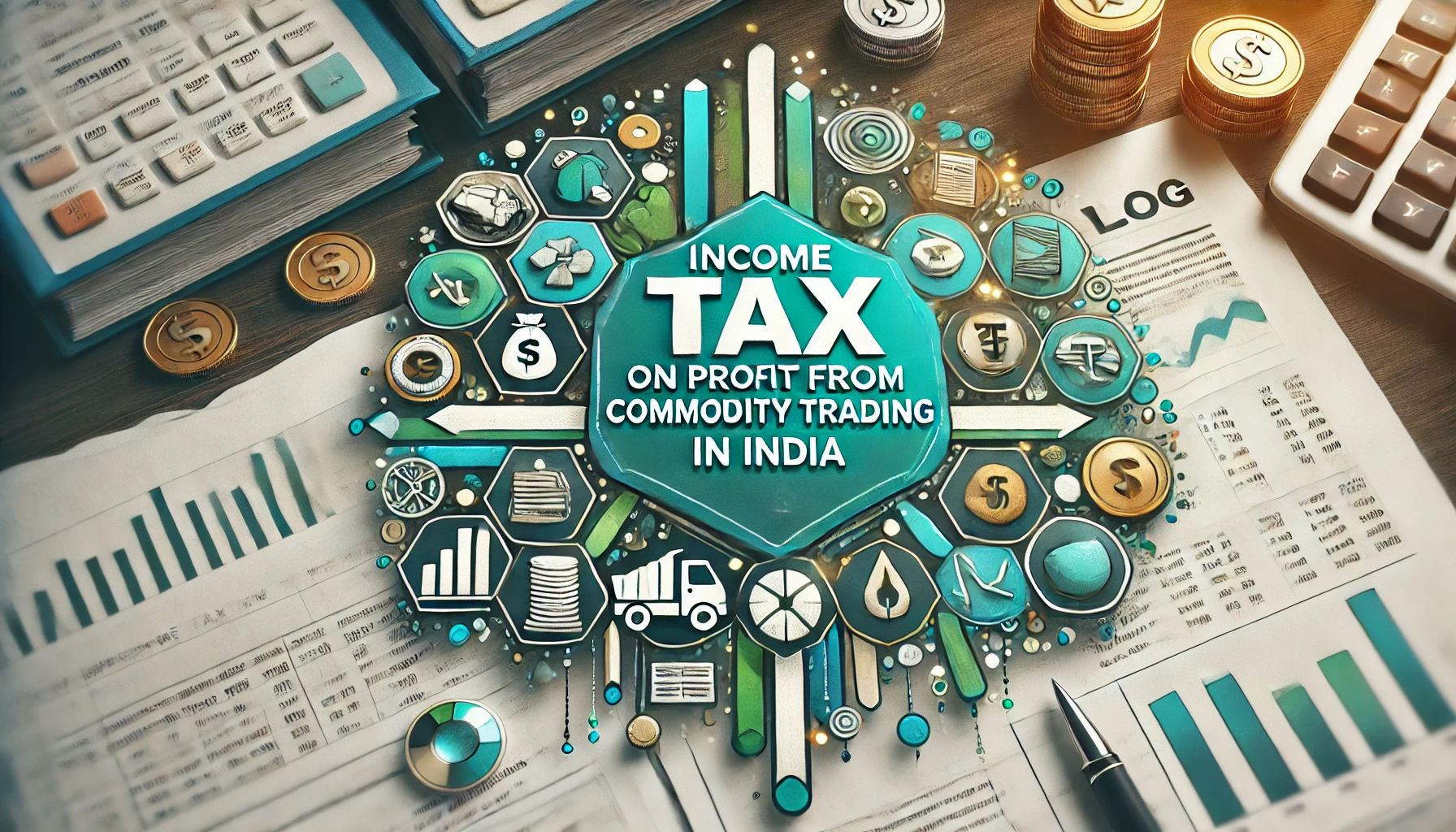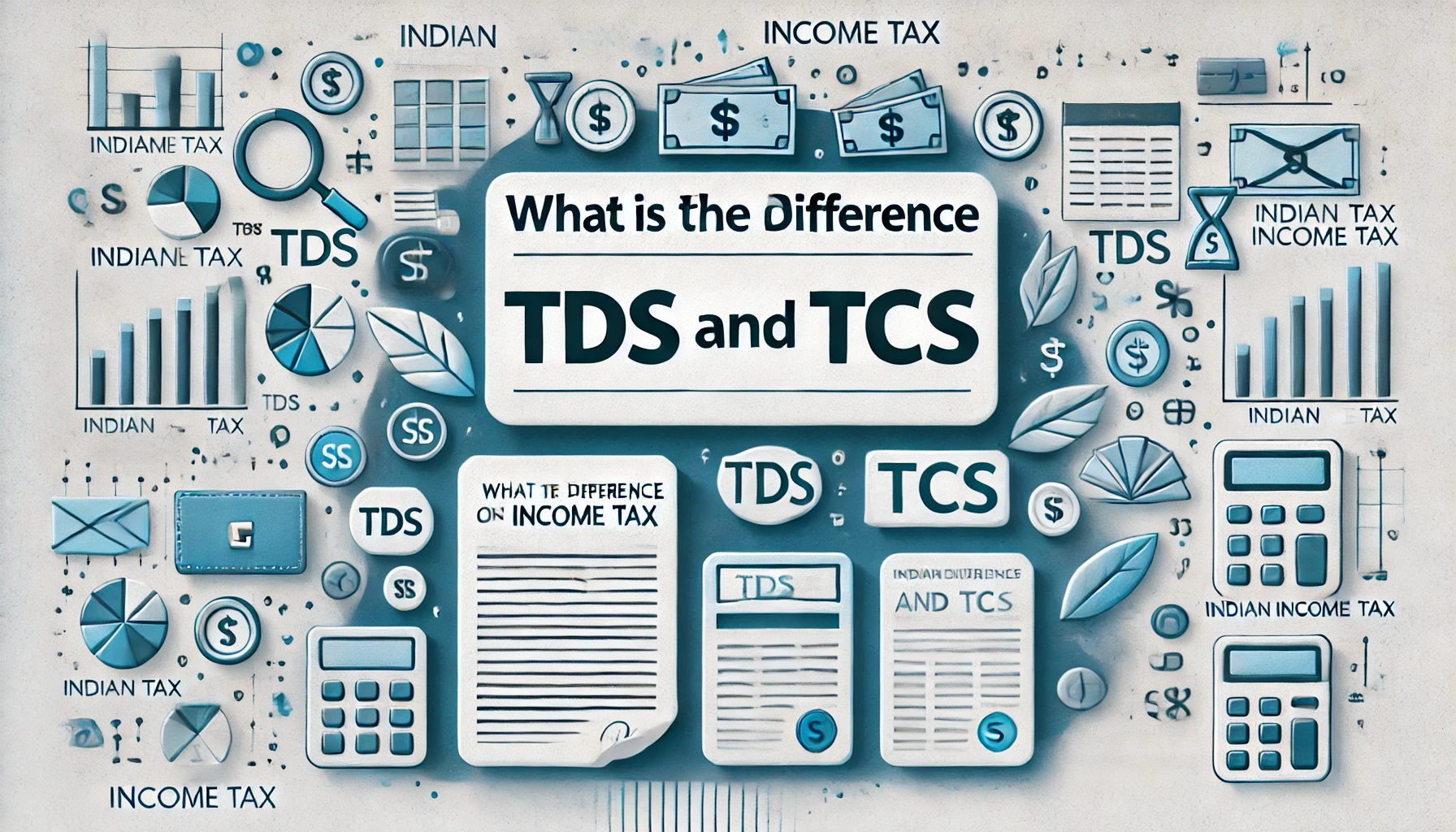In India, the startup ecosystem has seen tremendous growth over the past decade. Entrepreneurs and innovative minds have ventured into various sectors, bringing new ideas to life. However, with this surge in startups and investments, the Indian government introduced a concept known as “Angel Tax” in 2012. The term became a subject of much debate, especially among startup founders and investors. But what exactly is Angel Tax, and why has it stirred such controversy?
In this article, we will break down the concept of Angel Tax, its origins, and its implications for startups and investors in India. We’ll also explore the recent amendments and exemptions to provide a clear understanding of how Angel Tax impacts the growing entrepreneurial landscape in the country.
1. What is Angel Tax?
Angel Tax refers to a tax levied on the excess capital that startups receive from angel investors. It comes into play when a startup raises capital through equity issuance, and the amount raised exceeds the fair market value (FMV) of the company’s shares. In such cases, the excess amount is considered income, which is then taxed under “Income from Other Sources” at a rate of 30.9%.
This tax was introduced in the Finance Act of 2012 as an anti-abuse measure to prevent money laundering. The government suspected that many companies were using inflated share valuations to launder black money. Therefore, the Angel Tax was intended to curb such practices. However, it inadvertently created challenges for genuine startups that were raising funds from angel investors at valuations based on their potential future growth, not necessarily their current financial performance.
2. How Angel Tax Works
When a startup issues shares to an investor at a price higher than the FMV of those shares, the difference between the issue price and FMV is treated as income and subjected to tax. The tax is imposed under Section 56(2)(viib) of the Income Tax Act.
For example:
- If a startup issues shares at ₹100 per share, and the FMV of the share is determined to be ₹60, the excess ₹40 is considered taxable income for the startup.
- The tax is then calculated on this excess amount, which can put significant financial pressure on early-stage startups.
The difficulty lies in determining the FMV, which can be subjective and lead to disagreements between startups and tax authorities.
3. Impact on Startups and Angel Investors
Angel Tax has created hurdles for startups, especially in their early stages when they rely heavily on funding from angel investors to grow. Since startups often have little to no revenue in their initial years, they tend to rely on high valuations based on future growth potential rather than current financial metrics.
For investors, Angel Tax makes investing in startups less attractive, as the potential tax implications on the startup’s end can affect the overall investment climate. It has also led to increased scrutiny from tax authorities, which further complicates the fundraising process.
4. Exemptions and Recent Amendments
Recognizing the adverse effects of Angel Tax on the startup ecosystem, the Indian government has introduced several exemptions and amendments to mitigate the burden.
a. Exemption for DPIIT-Recognized Startups
In 2019, the government announced that startups registered with the Department for Promotion of Industry and Internal Trade (DPIIT) would be exempt from Angel Tax. To qualify for this exemption, startups must meet certain conditions, including:
- The startup must be incorporated within the past 10 years.
- The total paid-up share capital should not exceed ₹25 crore.
- Investors providing the funding must have a net worth of ₹2 crore or more.
b. Valuation-Based Exemption
To address the issue of share valuation, the Central Board of Direct Taxes (CBDT) issued a circular allowing startups to justify the premium received on shares using different methods, including the Discounted Cash Flow (DCF) method. This provided more flexibility for startups to demonstrate the rationale behind their valuations.
c. Angel Tax Exemptions for Foreign Investors
As of 2020, the government has also exempted investments from certain foreign investors, including venture capital funds and Category I alternative investment funds (AIFs), from Angel Tax. This move was intended to encourage foreign investment in Indian startups without the burden of tax on premium investments.
5. Compliance and Documentation
Startups seeking Angel Tax exemptions must follow specific compliance procedures and maintain proper documentation. DPIIT-recognized startups must:
- File Form 2 with the DPIIT to apply for the Angel Tax exemption.
- Ensure that investors provide adequate proof of their net worth and other necessary financial documents.
The process involves several layers of documentation and tax assessments, making it crucial for startups to work closely with tax consultants and advisors to avoid penalties.
6. Criticism and Challenges
Despite the exemptions, Angel Tax has been criticized for the following reasons:
a. Subjectivity in Valuation
The FMV of a startup’s shares is often subjective, especially for early-stage startups that have not yet generated significant revenue. Discrepancies between the startup’s valuation and the tax authority’s valuation can lead to disputes, audits, and additional financial strain on the startup.
b. Deterrent for Investors
Angel investors, who play a crucial role in funding early-stage startups, may be hesitant to invest in Indian startups due to the uncertainty and tax implications that come with Angel Tax. This can negatively impact the growth of the Indian startup ecosystem.
c. Administrative Burden
For startups seeking exemptions, the administrative process can be cumbersome and time-consuming. The need for extensive documentation and proof of valuation adds to the already heavy burden on young companies.
7. Steps Taken by the Government
The Indian government has taken steps to address the concerns surrounding Angel Tax. Apart from the exemptions for DPIIT-recognized startups, it has also introduced:
- The Angel Tax Review Committee: This committee was formed to address grievances related to Angel Tax and to streamline the tax assessment process.
- The Startup India Initiative: This initiative aims to promote entrepreneurship and innovation by providing easier access to funding, simplifying regulations, and offering tax benefits to startups.
8. Future of Angel Tax
As the Indian startup ecosystem continues to grow, the future of Angel Tax remains uncertain. While the government has taken steps to reduce its impact on startups, the core issues of valuation subjectivity and investor deterrence persist.
There have been calls from various industry bodies, including the National Association of Software and Service Companies (NASSCOM), to completely abolish Angel Tax. They argue that taxing startups on their valuations stifles innovation and discourages investment in the most critical stages of a company’s growth.
It is possible that future reforms will further reduce the tax’s scope or introduce alternative measures to curb money laundering while promoting the startup ecosystem.
9. Alternatives to Angel Tax
In light of the criticisms surrounding Angel Tax, there have been suggestions for alternative approaches to address the issue of black money while still supporting startup growth.
a. Revised Valuation Methods
One proposed solution is to revise the valuation methods used to assess a startup’s share price. This would involve developing a more standardized approach to determining FMV, reducing the subjectivity involved in tax assessments.
b. Targeting Specific Transactions
Another alternative is to target specific types of transactions that are more likely to involve money laundering, rather than taxing all capital raised above FMV. This would allow genuine startups to raise funds without the fear of excessive taxation.
c. Government-Backed Investment Funds
To further encourage startup growth, the government could increase its participation in venture capital funding through government-backed funds. This would provide startups with access to capital without the burden of Angel Tax, while still allowing for transparency and accountability in the investment process.
Conclusion
Angel Tax, though introduced with the intent of curbing money laundering, has had significant implications for startups and investors in India. The tax, levied on capital raised above the fair market value of a startup’s shares, has created challenges for both entrepreneurs and angel investors. However, through exemptions, amendments, and policy reforms, the Indian government has taken steps to reduce its impact and support the growth of the startup ecosystem.
As India continues to evolve as a global hub for innovation, the future of Angel Tax will likely see further changes to align with the needs of startups and the investment community. For now, compliance with the existing rules and taking advantage of available exemptions can help startups navigate the complexities of Angel Tax.

ITR 1 vs ITR 2
Filing your Income Tax Return (ITR) accurately is crucial for every taxpayer in India, and …

What Is Tax Loss Harvesting?
Tax loss harvesting is a strategy that allows investors to reduce their taxable capital gains …

What Is Form 12BB?
Form 12BB is a vital document in the Indian taxation system that employees need to …

Short-Term Vs Long-Term Capital Loss
Investing in various assets like stocks, real estate, or mutual funds can lead to capital …

Section 80D of Income Tax Act
Health insurance is not only essential for safeguarding your well-being, but it also offers tax-saving …

Senior Citizen Saving Scheme
The Senior Citizen Saving Scheme (SCSS) is a government-backed savings scheme specifically designed to provide …

Income Tax on Profit from Commodity Trading in India
Commodity trading has become a significant part of financial markets in India, providing investors with …

Income Tax Benefit with the NPS Scheme
The National Pension System (NPS) is a government-sponsored retirement savings scheme in India designed to …

What Is Cost Inflation Index (CII) In India?
The Cost Inflation Index (CII) is a crucial concept in Indian taxation, particularly when calculating …

Understanding How Income Tax is Levied on Stock Market Transactions
The Indian stock market has become an increasingly popular avenue for individuals looking to grow …

Investment Options under NPS
The National Pension System (NPS) is a government-sponsored retirement savings scheme that allows individuals to …

How to Start Contributing to Your PPF Account?
The Public Provident Fund (PPF) is a government-backed savings scheme in India that offers tax …

Tax incentives for startups in India
The Indian startup ecosystem is one of the fastest-growing in the world, attracting both domestic …

Periodic vs Annual Tax Planning
Tax planning is an integral part of financial management that every taxpayer should consider. Whether …

How to Do Tax Planning for a Higher Salary?
Tax planning is crucial for individuals with higher salaries in India. As income increases, so …

How to Understand P&L Statement
A Profit and Loss (P&L) statement, also referred to as an income statement, is one …

What is the Kakeibo Method?
Managing personal finances can be challenging, especially in today’s fast-paced world, where expenses quickly pile …

What is Angel Tax?
In India, the startup ecosystem has seen tremendous growth over the past decade. Entrepreneurs and …

Difference Between TDS and TCS
In India, tax collection plays a critical role in the functioning of the government. To …


















